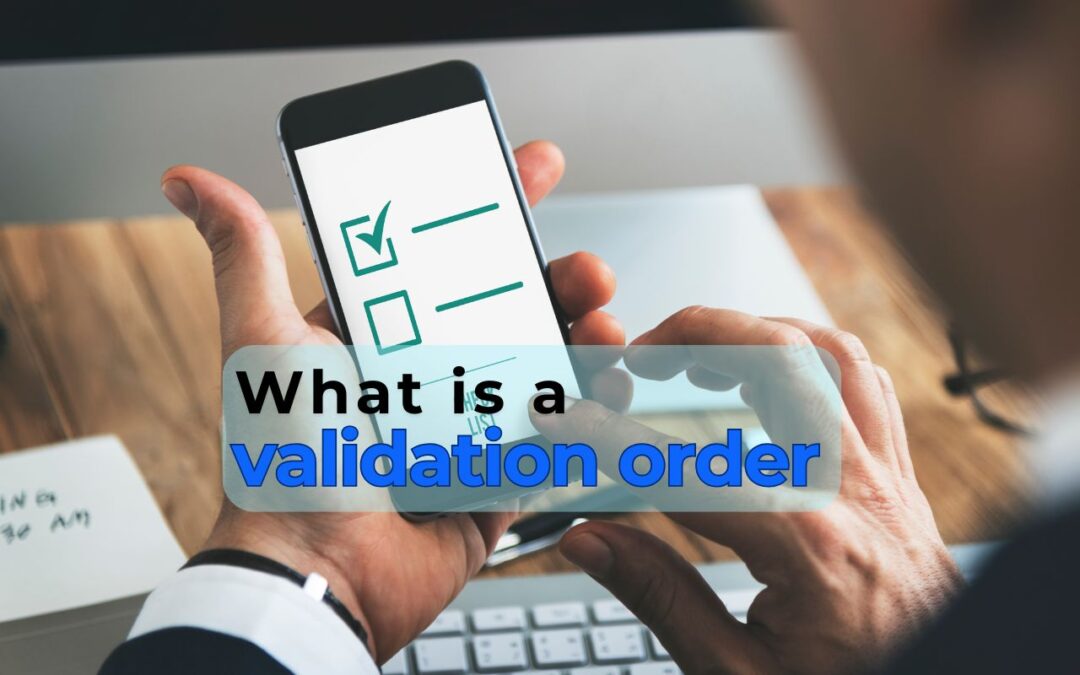Steering a business through extreme financial difficulty can be an exceptionally stressful experience. There are so many different issues that need navigating, often while experiencing pressure from a range of different parties, that it’s easy to start feeling completely overwhelmed.
This isn’t made any better by the fact that there’s a whole load of terminology that you’ll need to become familiar with. Here, we take a look at validation orders, in particular, to start to develop a better understanding of insolvency proceedings more generally.
Validation orders
In short, a validation order is a court order that allows businesses to facilitate transactions through their bank account while they’re in the process of being wound up.
They’re essentially used to unfreeze the accounts in question, allowing the business to make important transactions that would otherwise be impossible from a legal point of view.
Validation orders can do all of this while also limiting personal liability, ensuring that the company in question continues to provide its intended legal protections.
Why are they useful?
Validation orders can come with a range of benefits, depending on why they’re being used. For example, they can allow the business to make important payments to parties that are reliant on debts being paid, such as employees who are due their wages or small suppliers who need to be paid for their products or services.
They can also allow the company to continue trading during a certain time frame, potentially increasing the funds that will be available to creditors when the time for repayment comes. Essentially, they’re useful in all of these circumstances because they provide an often essential level of flexibility, which allows the business to continue with its operations.
How can they be applied for?
To apply for a validation order, you will need to complete form IAA. This will need to be completed and then sent, along with the court fee and a statement, to the court that’s involved in the winding up of your business.
You will also likely need to provide certain evidence to the court, to support the application. This will likely need to include things like information on the transaction that requires validation, an explanation of why the company is being wound up and some relevant contextual information, and potentially a copy of the company’s audited accounts.
If your business has reached this state of financial ill health, you will likely have had to engage the assistance of an insolvency expert such as Chamberlain & Co. You should try to use a service like this to apply for your validation order, to ensure that everything goes through properly.
If your business finds itself in these kinds of positions, and you need help navigating the restrictions that come with a winding up petition, then it’s imperative that you seek advice before doing anything else. There are a lot of complicated issues that you will need to navigate, and doing so in a legally compliant manner is imperative to ensure that you and your company stay on the right side of the law.













